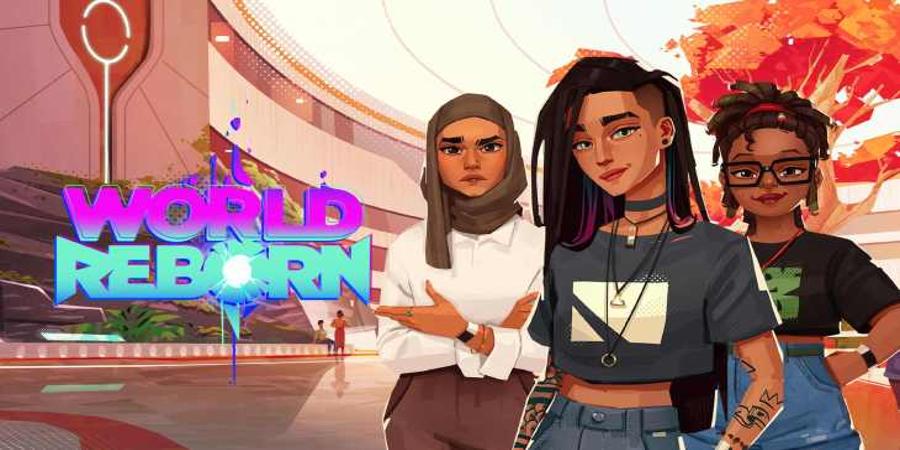Jess Murrey isn’t your typical founder. After 10 years working in nonprofits to train young activists, Murrey and behavioral change researcher Alicia Clifton decided that mobile gaming could be an unexpected way to broaden their reach. And so, Wicked Saints was born.
“American teens care very deeply about the planet, equality and mental health, but the problems often feel so big it’s paralyzing,” Murrey told TechCrunch. “We wanted to activate them to take whatever the world throws at them, and the best way to do that was with games.”
When leading training sessions for young activists, Murrey lamented the fact that she could only connect with these future leaders in one moment, rather than over a longer time.
“When they leave the training, you don’t have this constant connection with them,” she said. “You can’t continue to train them for a long period of time. And so the technology provides us a way to scale this incredible, transformational change that we were seeing, and also bring people into a community that we could keep and continue building.”
Wicked Saints’ first game, World Reborn, is an interactive story game with graphic novel-style graphics, which also incorporates augmented reality. Currently in beta with a small group of users in Canada, the post-apocalyptic story is designed to teach Gen Z how to stand up for what’s right in an entertaining way.
“You spend energy on your choices that you make within the graphic novel world, and when you run out of energy, the only way to power up is to power your real self,” Murrey explained.
The game will ask players to do things like leave a friend a note of encouragement, or pick up trash at a local park. For some of these actions, players can verify that they’ve completed them by uploading a short, TikTok-style video to a community feed, which other players can upvote.
“We’re giving you bite-sized ways to practice dealing with people and life,” she said. “And as you get more comfortable and are joined by all these others within our community, we’re getting you farther and farther and farther into the real world where you can actually make change.”
Wicked Saints is the first company to emerge from Niantic’s Black Developers Initiative, an incubator for Black game creators. They’ve just raised a $3.5 million seed round led by Riot Games and Oregon Venture Fund, bringing the company to a total $4.6 million in funding, inclusive of a pre-seed round.
“The gaming industry is only 2% Black. It made raising that much harder as well, because investors tend to invest in what they know,” said Murrey. “I didn’t look anything like the game founders that they’re used to seeing. Not only did I have to overcome preconceived notions of what a game is and what a game can do, but I had to first jump the hurdle of preconceived notions of myself and what I would be able to accomplish with my background.”
Despite increased conversation about diversity in tech, women of color are funded at an abysmally low rate. In 2022, startups founded by women raised just 1.9% of deployed venture capital, a decrease from the previous year. Also last year, Black founders raised just 1% of VC funds.
But through the Niantic incubator, Wicked Saints brought on former Pokémon GO senior software engineer Daphne Larose-Molapo as CTO. Larose-Molapo brings a technical expertise that’s necessary to succeed in the crowded mobile app market, especially as World Reborn delves into augmented reality features (which are, of course, powered by Niantic’s Lightship developer kit).
World Reborn hopes to monetize through corporate and nonprofit partnerships to sponsor in-game missions, rather than through traditional ads. This is similar to Pokémon GO, which offers corporate tie-ins like Starbucks-branded Pokéstops, but will never toss you over to a 30-second ad for a Candy Crush copycat game.
Wicked Saints is aiming to do a teaser launch of World Reborn in the U.S. next year, and fully launch within the next 18 months.
“My background might not be in mobile games, but my background is in movement building,” Murrey said. “I’m not beholden to the old way of doing things.”
Source @TechCrunch



